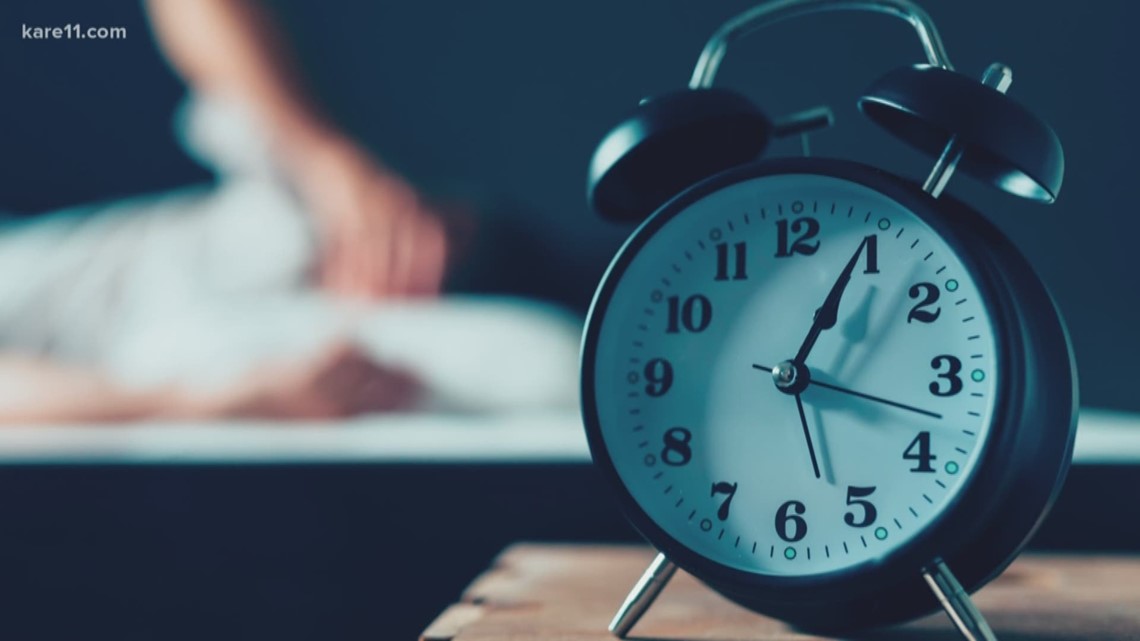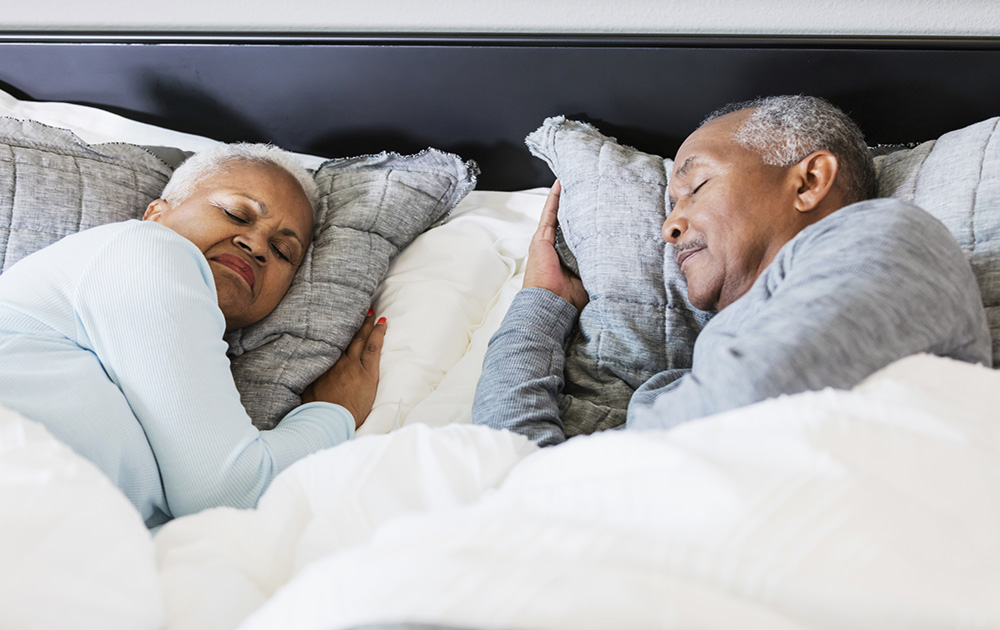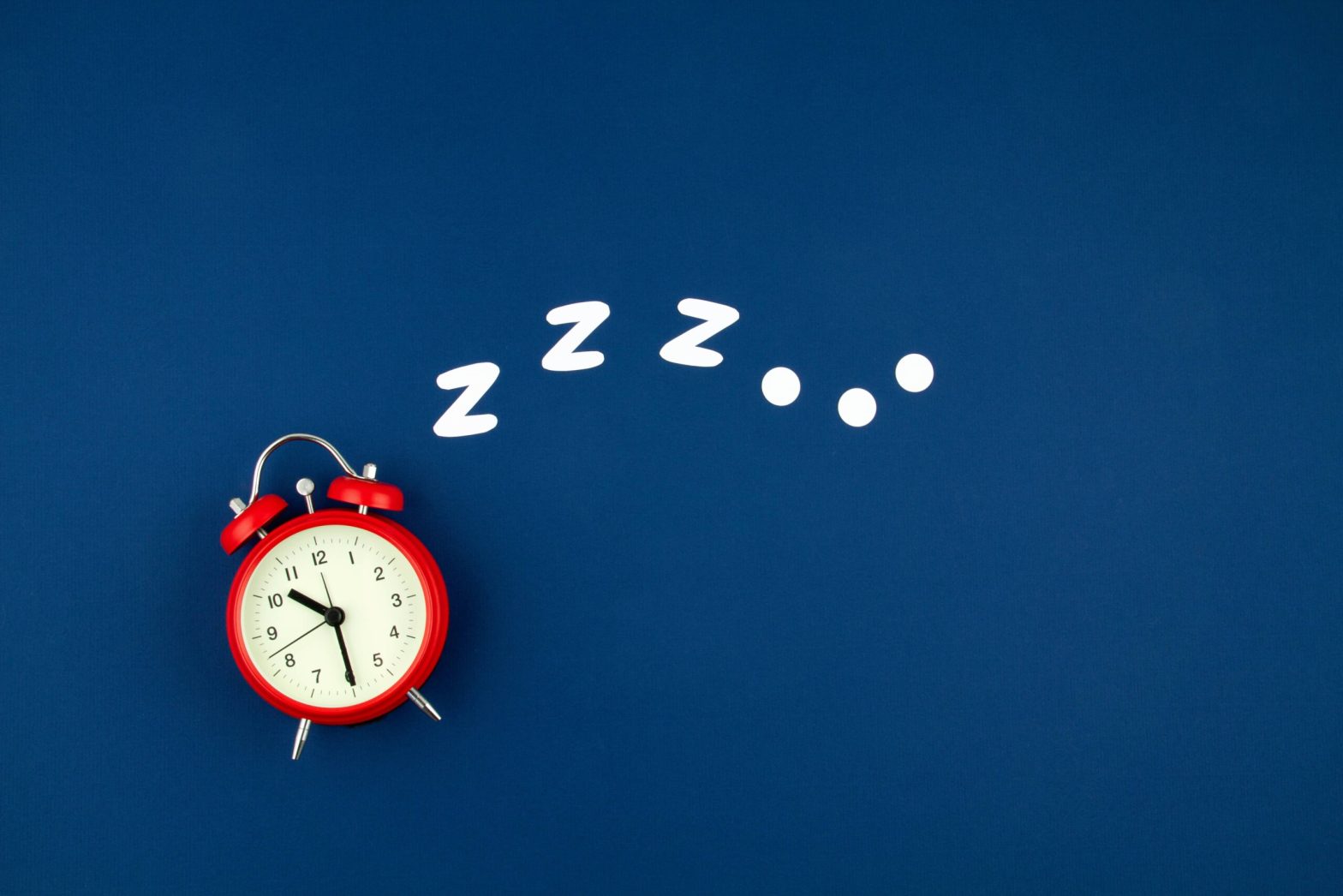Sleep is one of our most fundamental biological needs, yet it remains shrouded in misconceptions that can seriously impact our health and well-being. Despite significant advances in sleep science over the past two decades, false information about sleep continues to spread through social media, word-of-mouth, and even well-meaning advice from friends and family. These persistent myths don’t just lead to poor sleep habits—they can pose genuine threats to our physical and mental health.
The consequences of believing sleep myths extend far beyond feeling tired the next day. Research has consistently shown that poor sleep quality and insufficient sleep duration are linked to a wide range of serious health conditions, including cardiovascular disease, diabetes, obesity, depression, and compromised immune function.
When we make decisions about our sleep based on false beliefs, we’re essentially gambling with our long-term health outcomes. What makes sleep myths particularly dangerous is that they often sound reasonable or reflect outdated information that was once considered accurate.
Some myths persist because they offer false hope—like the belief that we can train ourselves to need less sleep—while others downplay serious health risks, such as dismissing loud snoring as harmless. The reality is that sleep science has evolved dramatically, and what we now know about sleep’s impact on health makes it clear that these misconceptions can have lasting consequences for our physical and mental well-being.
The Most Dangerous Sleep Myths Destroying Your Health

Myth 1: You Can Train Your Body to Function on Less Sleep
One of the most pervasive and harmful sleep myths is the belief that you can adapt to getting by on just five hours of sleep per night. This dangerous misconception has been thoroughly debunked by sleep researchers, who consistently rank it among the most false and health-threatening sleep beliefs.
The scientific evidence is clear: only about 1% of the population can truly function well on five to six hours of sleep. For the remaining 99% of us, consistently getting less than seven to eight hours of sleep leads to significant health consequences. Research has linked chronic sleep deprivation to increased risks of obesity, diabetes, high blood pressure, cardiovascular disease, and memory problems.
What’s particularly insidious about this myth is that people often believe they’re adapting to less sleep when they’re actually accumulating what researchers call “sleep debt.” While you might feel like you’re getting used to less sleep after a few weeks, your body is actually suffering from chronic sleep deprivation. Your daytime performance, decision-making abilities, memory, focus, and creativity all decline, even if you don’t consciously feel sleepy.
The long-term consequences are even more serious. Persistent sleep deprivation wreaks havoc on your metabolism, cardiovascular system, immune function, hormone production, and mental health. Rather than adapting, your body is slowly breaking down under the strain of insufficient rest.
Myth 2: Alcohol Helps You Sleep Better
Many people believe that having a drink or two before bed improves their sleep quality, but this is another dangerous misconception that can seriously impact your health. While alcohol may initially make you feel drowsy and help you fall asleep faster, it significantly degrades the quality of your sleep throughout the night.
Alcohol disrupts your natural sleep cycles, particularly during the second half of the night when your body typically experiences the most restorative deep sleep phases. This disruption means you’re not getting the quality rest your body needs to repair itself, consolidate memories, and maintain optimal health.
The consequences extend beyond just feeling groggy the next day. Alcohol before bed can increase sleep interruptions, worsen snoring, and exacerbate sleep apnea—a serious condition that can lead to heart problems and other health complications. Additionally, alcohol reduces your body’s ability to achieve the deep sleep stages that are crucial for physical recovery and cognitive function.
Myth 3: Snoring Is Harmless
The belief that snoring is just an annoying but harmless habit is another myth that can have serious health consequences. While occasional light snoring might be relatively benign, loud, persistent snoring can be a sign of sleep apnea, a potentially dangerous sleep disorder.
Sleep apnea is characterized by repeated episodes where breathing stops and starts throughout the night, depriving your body and brain of oxygen. This condition is associated with significant health risks, including cardiovascular disease, diabetes, high blood pressure, and an increased risk of heart attacks and strokes.
People with untreated sleep apnea often experience excessive daytime sleepiness, which can lead to dangerous situations like falling asleep while driving. The condition also puts tremendous strain on the cardiovascular system, as your heart works harder to pump blood when oxygen levels drop during breathing interruptions.
Myth 4: Being Able to Fall Asleep Anywhere Is Healthy
Contrary to popular belief, the ability to fall asleep “anytime, anywhere” is not a sign of good sleep health—it’s actually a red flag indicating chronic sleep deprivation. Sleep experts rate this myth as extremely false and significant for public health.
Excessive daytime sleepiness, which manifests as the ability to fall asleep instantly in any situation, typically results from sleep deficiency rather than being a characteristic of “good sleepers.” This level of sleepiness can be dangerous, particularly when driving or operating machinery, and significantly increases the risk of accidents.
This excessive sleepiness can also be a primary symptom of obstructive sleep apnea, which requires medical attention. If you find yourself falling asleep easily during the day, it’s important to evaluate your nighttime sleep quality and duration and consider consulting a healthcare provider.
Environmental Sleep Myths That Impact Your Health

Myth 5: Warm Bedrooms Are Better for Sleep
Many people believe that a warm, cozy bedroom promotes better sleep, but research shows the opposite is true. Most people sleep best in bedrooms maintained between 65 to 68 degrees Fahrenheit. Your body temperature naturally drops as part of the sleep process, and a bedroom that’s too warm can disrupt this natural cooling mechanism.
Sleeping in overly warm environments can lead to frequent awakenings, restless sleep, and reduced sleep quality. This disruption prevents you from getting the deep, restorative sleep your body needs for optimal health and recovery.
Myth 6: Sleeping with Light On Is Harmless
The belief that sleeping with lights on doesn’t affect sleep quality is another harmful misconception. Even low levels of light can disrupt your circadian rhythm—your body’s internal clock that regulates sleep-wake cycles.
Exposure to light during sleep can increase the risk of awakenings and negatively impact sleep quality. Studies have also found associations between sleeping with too much light and eye strain, weight gain, and disrupted hormone production. For optimal sleep health, your bedroom should be as dark as possible.
Age-Related Sleep Myths

Myth 7: Older Adults Need Less Sleep
One persistent myth is that sleep needs decrease with age, but this is scientifically inaccurate. The average adult needs seven to nine hours of sleep regardless of age. While sleep patterns may change as we age—with older adults experiencing more frequent nighttime awakenings—their fundamental sleep needs remain the same as younger adults.
This myth is particularly dangerous because it can lead older adults to accept poor sleep as normal aging when they might actually have treatable sleep disorders or other health conditions affecting their rest.
Protecting Your Health from Sleep Myths
Understanding the truth about sleep is crucial for maintaining optimal health. The scientific consensus is clear: most adults need seven to nine hours of quality sleep per night. Sleep health encompasses multiple dimensions, including adequate duration, good sleep continuity, appropriate timing, sustained daytime alertness, and subjective satisfaction with sleep quality.
To protect your health from the dangers of sleep myths, focus on evidence-based sleep practices. Maintain a consistent sleep schedule, create a cool, dark sleeping environment, avoid alcohol before bed, and take snoring seriously—especially if it’s loud or accompanied by gasping or choking sounds.

